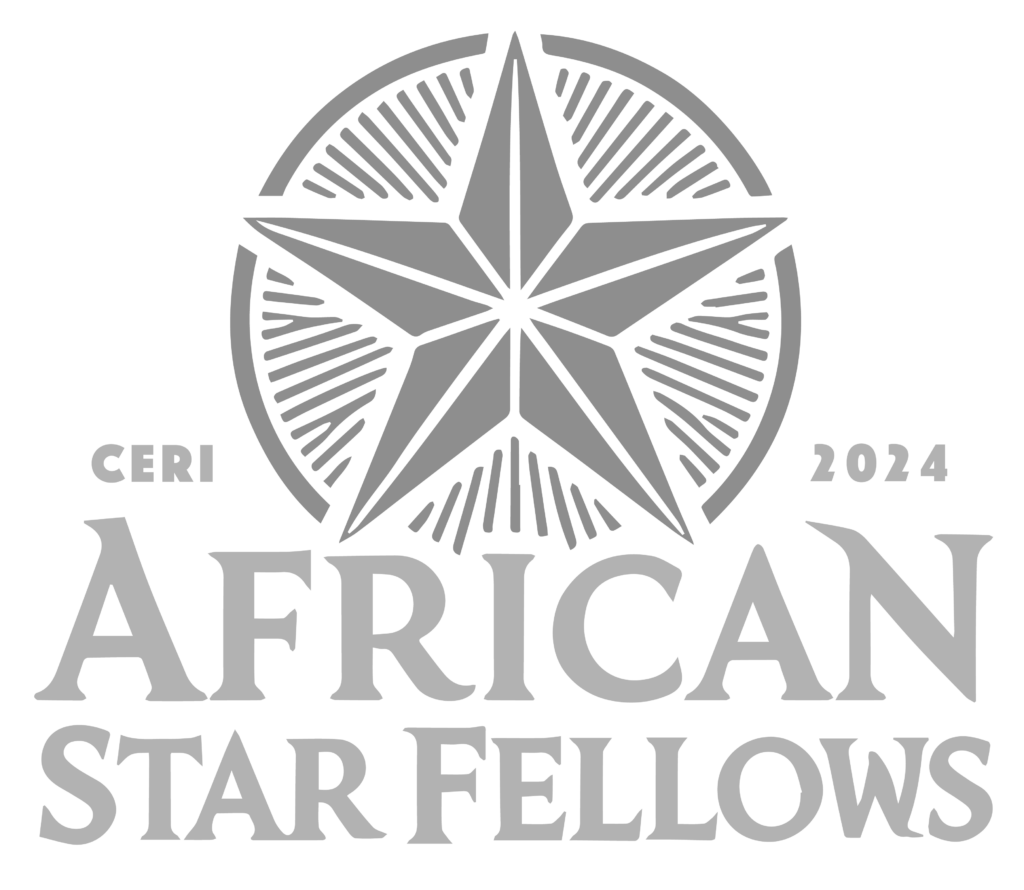
The 2-year MSc program offers a vigorous coursework component followed by a research project mentored by world-class infectious disease researchers in Stellenbosch University.
The MSc program includes a 9-month lecture block, including a compulsory Statistics and Bioinformatics module, followed by capita selecta modules for Infectious Disease or Pathogen Genomics. The capita selecta model allows for flexibility and introduction of new focused topics should the need arise. Following the lecture block, trainees are embedded within the SU host laboratory for 2 months, followed by a visit to the laboratory of a US-based host, and they will carry out a bioinformatics research project.
The program incorporates career development activities for trainees. The program aims to produce MSc graduates equipped with bioinformatics and research skills to position them as future innovators and leaders in infectious disease research. Customized workshops (based on needs assessment with LMIC partners) are also offered to strengthen research, supervisory and mentoring capacity. This will help empower LMIC faculty and create an enabling environment, to encourage trainees to return to their home institutions and develop and retain regional capacity.
To ensure sustainability and success of the capacity building initiatives, the African STARS Fellowship Programme will include several mentoring and support mechanisms for the ATT, YPP, MBA and Exchange Fellows. We view a strong mentorship plan to be the core of a successful training program. Accordingly, each Fellow will have at least two co-mentors, one based in their host institution and the other based at the implementing partner institutions. The Training Committee will facilitate the matching of each Fellow with appropriate mentors. The host institution mentor will guide the Fellow in the initial selection of a project based on local needs. Based on the project and training site, the Fellow will then be paired with a co-mentor and a written research proposal will be developed in conjunction with the Fellow and both mentors. Although each Fellow will have a minimum of two mentors, Fellows will be encouraged to engage other, less formal mentors based on the expertise needed for their training. In addition, we will take advantage of virtual mentorship, as needed, by adding mentors from collaborating international institutions. That way, Fellows will benefit from hands-on mentoring, providing guidance and support from project inception to completion.
